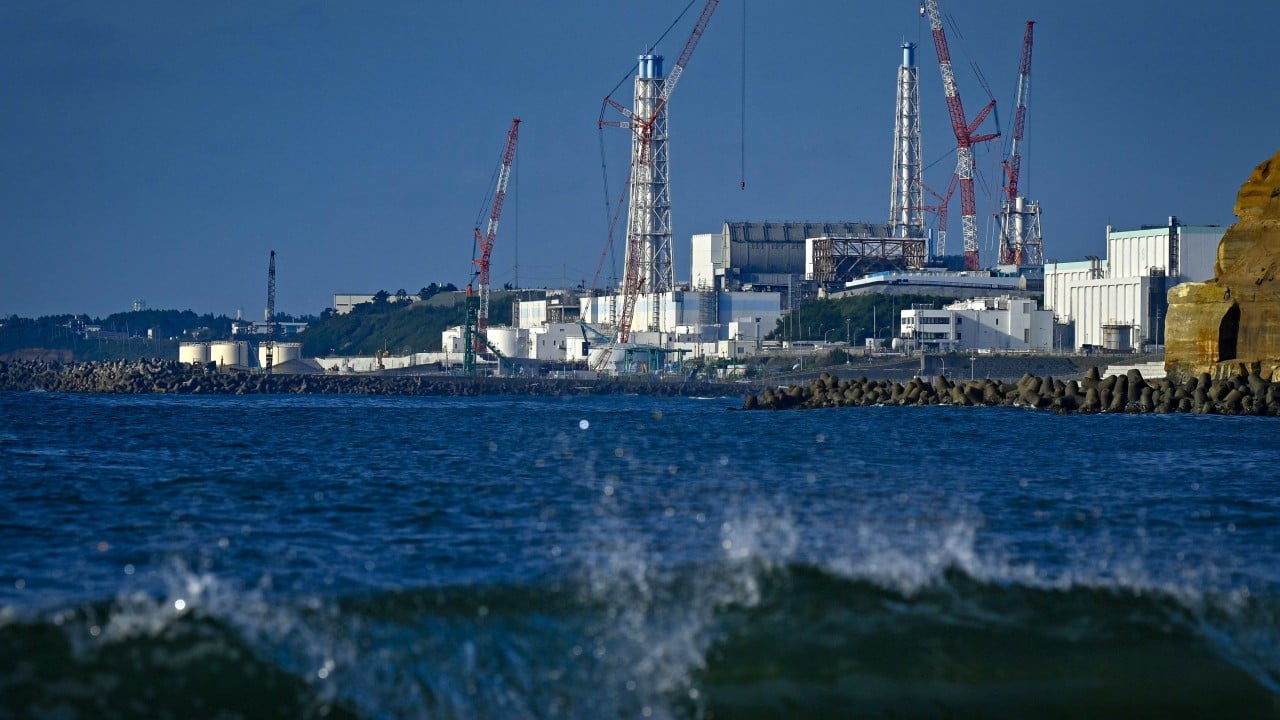Published: 4:19pm, 23 Jan 2025Updated: 4:27pm, 23 Jan 2025
China’s own tests of seawater samples collected from near the Fukushima nuclear plant have found no negative impact on marine species, increasing the chances that Beijing would eventually lift its ban on Japanese seafood imports.
Advertisement
The samples collected near the Fukushima Daiichi Nuclear Power Plant in mid-October were the first to be obtained by Chinese scientists under international supervision from near the ocean discharge outlet where Fukushima’s nuclear-contaminated water was released, China’s Atomic Energy Authority (CAEA) said on Thursday.
China’s foreign ministry spokesperson Mao Ning on Thursday cited comments from experts that “one single test does not say everything”, and that China would continue to conduct independent sampling and testing to enhance international oversight of the discharge, signalling that more testing was needed before the seafood ban could be lifted.
“The first independent sampling is just one of the steps for Japan to implement its commitment,” Mao said. “The resumption of aquatic product imports depends on a series of scientific data, including our follow-up independent sampling and monitoring, and whether Japan will take measures to guarantee the safety and quality of its aquatic products to China.”
Analyses of the samples showed no unusual concentrations of radioactive nuclides such as tritium, caesium-137, and strontium-90. The radionuclides belong to a class of atoms that are considered unstable because they have extra neutrons or protons, giving them excess nuclear energy.
The data will be compiled and published later by the International Atomic Energy Agency, the statement said.
Advertisement

